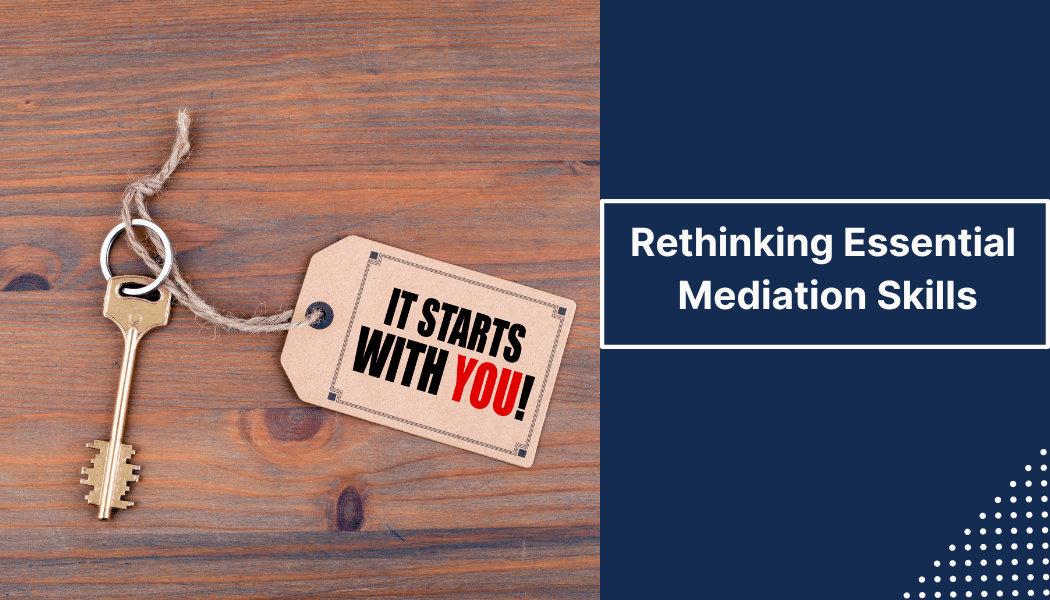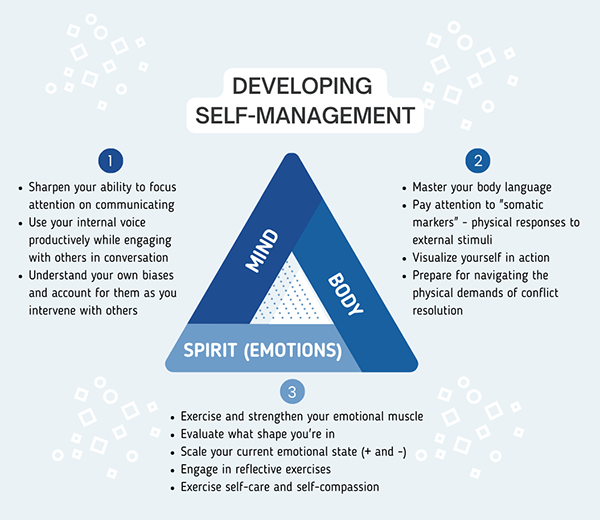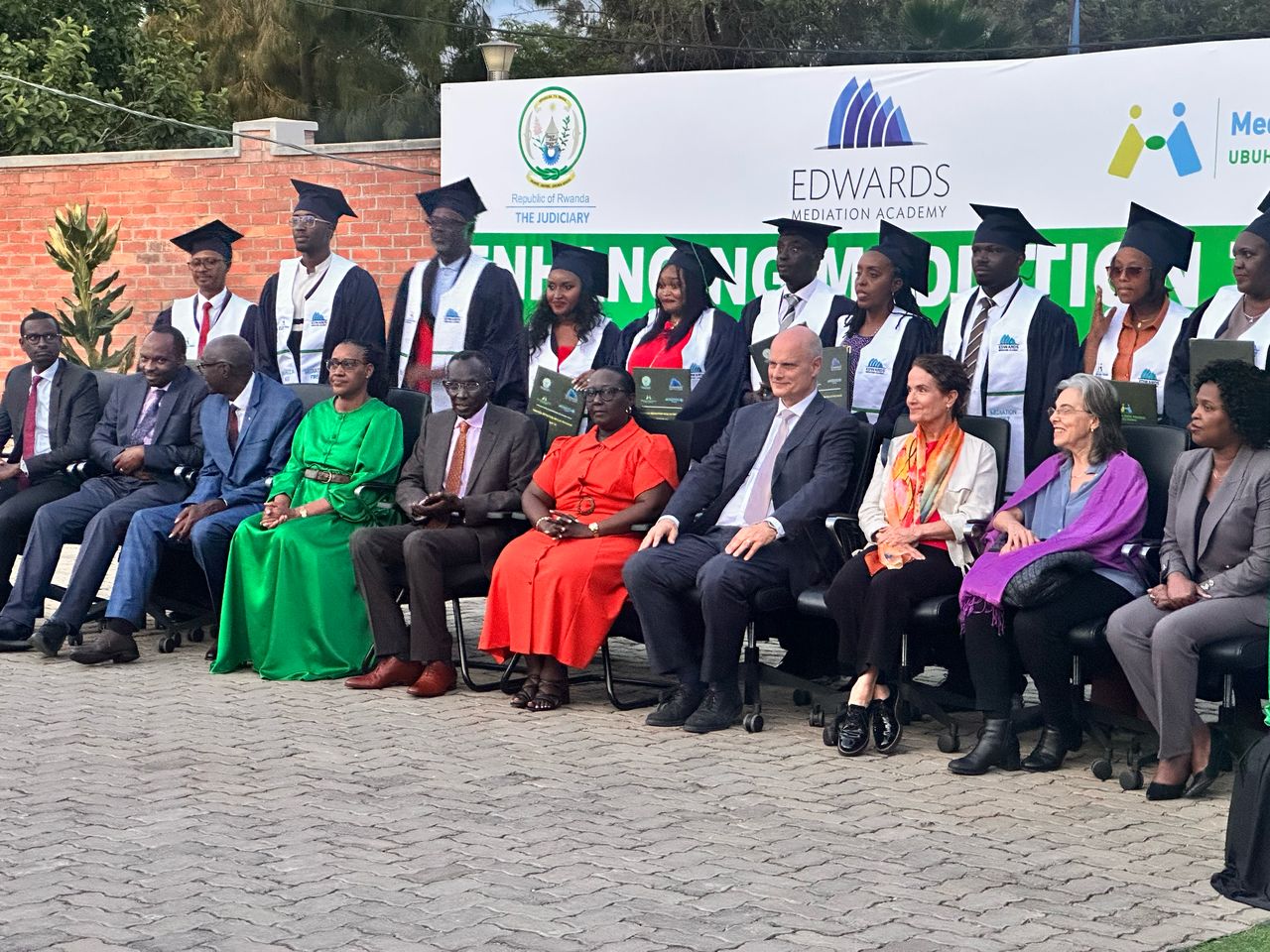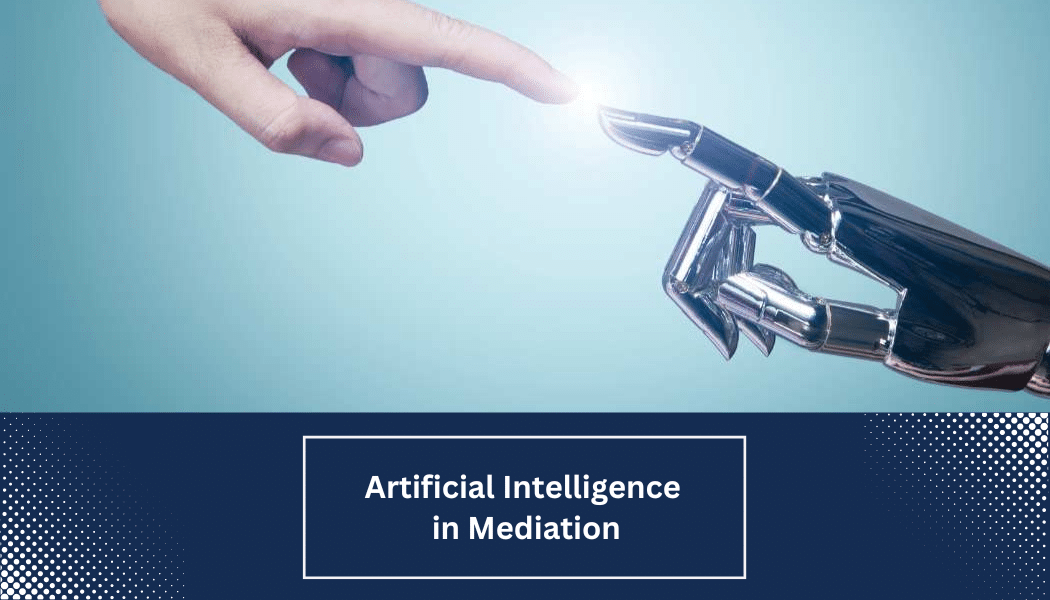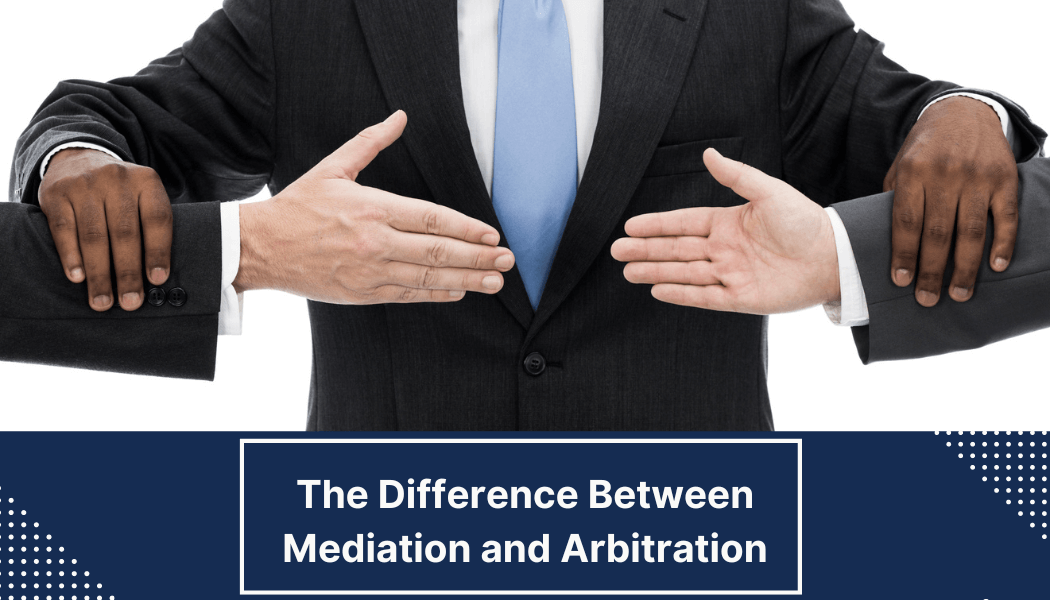The key to developing true mediation competency begins with “me”
In addition to basic mediation training, what do mediators need to improve their mediation competency? While mediation skills training remains vital to the practice of mediation, the key to developing mediation competency begins with self-reflection, self-awareness, and self-management. Before determining how we can effectively assist those in conflict, we must first look inward to better understand our own emotional competency and the impact we have on others around the mediation table. Developing essential mediation and conflict resolution skills is truly a life-long journey of self-development that begins with “me.”
The mediation process
Over recent years, as alternative dispute resolution processes have developed, we have witnessed the introduction of mediation, a process defined as a facilitated negotiation that attempts to return disputants to the roots of conflict resolution modalities.
Mediation works because it seeks to bring parties together to communicate directly with each other, at times with emotion, but also to break bread and hopefully realize different perspectives. Above all else, it’s a process that addresses basic human needs beginning with the need to be heard, respected, and participate in a process that seeks solutions responsive to the needs and interests of all the parties involved.
Mediation is a collaborative process that can resolve a wide range of disputes. I know it well, having conducted over 8,000 mediations in the past thirty-five years in matters involving construction disputes, employment claims, workplace conflicts, business disputes, personal injury, and wrongful death. Completing a 40-hour training program in mediation theory and skills is essential to becoming a competent mediator.
Yet mediation works because of the facilitator’s skill, and therefore, its promise is dependent on high-quality mediation training. Mediation is a voluntary process that empowers parties to air their concerns and find mutually agreeable solutions.
What, then, should we know about mediation training to better understand how to develop mediator competence in the growing profession of those who would choose to intervene in resolving the conflicts of others? I’ve taught mediation techniques and skills to judges, attorneys, government officials, and others for over three decades, traveling to over twenty-five countries during my teaching journeys. Additionally, I am the co-creator of an online mediation training academy that has made mediation skill development available worldwide. This experience has bought me a front-row seat to the development of our nascent profession and, at the same time, provided me with a unique perspective on what is required to develop true mediation competency, including understanding the mediator’s role in managing the process and gaining the trust of the parties.
Looking inward
My educational background was in psychology years ago before entering law school, so it’s only natural that I tend to view the mediation process, and therefore mediation training, through a psychological lens. Viewed from this perspective, it’s easy to understand that before we can effectively assist those in conflict, we must first look inward to better understand our own emotional competency and the impact we will have on others around the mediation table. If we hope to realize the promise of mediation, we must aspire to the highest level of mediative competency in our profession, a journey that begins by looking inward.
The importance of self-management in the mediation process and conflict resolution skills
All mediators should understand that as facilitators of the negotiation and settlement process, we introduce ourselves into the conflict. With that introduction comes our own unique personality, emotions, relevant life experiences, and biases. It is this constellation of individual characteristics, interests, and skills that makes each of us unique and why mediation, at its core, is truly an exercise in personal service.
Unfortunately, most mediators looking to improve their mediation competency, and therefore most training courses, are quick to focus on specific skill development, such as active listening skills, patience, establishing ground rules, using open-ended questions, and negotiation. They ignore the critical need for self-reflection and self-management as a precursor to effectively assisting those in conflict, including the other party.
Simply stated, self-management remains a professional weakness for many mediators who eschew the need for and the effort required to effectively manage, negotiate, and resolve conflict within themselves as an integral part of the mediation process.
What self-management is not
What do I mean by self-management, and what other principles do mediators need to understand about themselves before effectively engaging with others? Before answering the question of self-management, it’s important to distinguish what it is not. Self-management training in the business world often focuses on time management practices and increasing productivity.
In contrast, professional mediators’ discussions of self-management are less about efficiency and more about effectiveness. It’s less about acquiring specific skills and knowledge and more about developing social competencies. Describing the process as self-management training does an injustice to the level of commitment and the lifelong journey required for self-development to become a successful mediator.
The essential first step
What is the point of self-management, and why is it an essential first step in developing mediator and dispute resolution professional competence? Ancient Greeks emphasized three aspects of the human experience: the mind, the body, and the spirit. This time-honored perspective provides a valuable template for examining self-management and its goal to develop mediation competency in addition to basic mediation training. Specifically, we should envision a triangle with each side reflecting a different focus point of self-management: self-management of the mind, self-management of the body, and self-management of the spirit (emotions). A deeper understanding and self-mastery of these self-management focuses should become the taproot of all future learning.
Self-Management of the Mind
Throughout my teaching career, I’ve coined the term Mediator’s Mind™ to describe the mental model we create for ourselves that defines our approach to mediation and shapes our every intervention in the conflict environment. Self-management of the mind begins with self-reflection and developing a strong vision of how we see our role in mediation. This mental model will become a good mediator’s North Star that can be returned to time and again during difficult moments in mediation.
I’ve also described our journey through life as an exercise in focused attention. Yet we know from brain research that at any given moment, we only commit a fraction of our available attention to the relevant task at hand. Similarly, we know from our own everyday experience that the constant white noise of our internal conversation, at best, distracts us from devoting full attention to active listening and communicating with others. Self-management of the mind thus begins with sharpening our ability to maintain focus and use our internal voice productively while engaging others in conversation.
More recently, we have developed a deeper appreciation for cognitive and emotional biases role in our ability to perceive the environment clearly and communicate effectively with others. Effective self-management of the mind begins with understanding our own biases and how to account for and address them as we intervene with the parties involved in mediation.
Self-Management of the Body
As mediators, we know the importance of nonverbal communication and pay as much attention to physical cues and behavior as the spoken word. Yet, how many mediators take the time to hold up the mirror of self-reflection and examine their own body’s cues, behaviors, and roles in mediation? How many are aware of their own internal signals?
Somatic markers
A term in psychology, somatic markers, refers to our physical responses to external stimuli, often stressors in our environment. An example is when you open your email server, and just seeing a sender’s name causes your stomach to turn or your jaw to clench. In mediation, how often have you paused before walking into a private conversation with one party, only to observe a tightness in your chest or some other physical manifestation of stress? Learning to pay attention to these important signals our bodies send us is the first step to self-management of the body.
Mastering body language
Equally pivotal to self-awareness is mastering our body language. The recent trend toward online dispute resolution and forced marriage between mediation and technology has offered an unparalleled opportunity for the self-management of the body. Spending eight hours a day on a computer screen allows you to observe yourself in the moment. We have never had a better chance to witness and become aware of our body language, including subtle facial expressions, as we communicate with others.
Self-Management of the Spirit (Emotions)
Self-management of the spirit entails developing emotional intelligence, defined as the ability to perceive, understand, and manage strong emotions. The journey toward understanding and expanding one’s emotional intelligence has been equated, metaphorically speaking, to exercising and strengthening one’s emotional muscle. The first step toward developing this muscle is to conduct a self-assessment, which means evaluating your shape and acknowledging your baseline for expanding your emotional capacity.
Reflective exercises
To assist this capacity building, we begin our training by encouraging students to engage in reflective exercises to understand and appreciate how one’s immediate family members influenced their emotional development. We also train them to rate their current feelings using positive and negative scales. These exercises and practices help mediators learn to attend to their own emotional state while better understanding and creating the opportunity for developing a higher level of emotional competency.
Self-Care and Self-Compassion
Self-management of one’s emotional well-being also includes self-care and self-compassion. Paradoxically, many of us are drawn to this profession by a profound need to assist others, and doing so effectively requires extraordinary amounts of empathy and compassion.
Compassion burnout
Yet when the mirror is reflected inward, we find ourselves dealing with an industry-wide epidemic of compassion fatigue and burnout caused by an inability to access the same degree of self-compassion as one has when assisting others. Simply put, one cannot continuously work close to the flame of high emotions without giving equal attention to one’s own well-being.
Conclusion
This journey toward mediation expertise begins with the need to develop the highest levels of mediation competency in those who intervene in dispute resolution and problem-solving. The professional insight required to effortlessly deliver essential skills, strategies, and techniques to resolve conflicts in the presence of discord and high emotions begins with a commitment to honest self-reflection, self-awareness, and thoughtful self-management focused on mind, body, and emotions.
Yet it must be emphasized that the noble goals of achieving these levels of personal and social competency will not come from books, blogs, or webinars. Instead, they will evolve only from a lifelong commitment to self-reflection and personal development.
If the goal is to realize mediation’s full potential, it must begin with a personal journey devoted to high-quality education and practice, including personal development. Of course, these are not easy lessons. Yet, rethinking these essential mediation skills must be the first step in preparing ourselves to help others in the mediation process.
